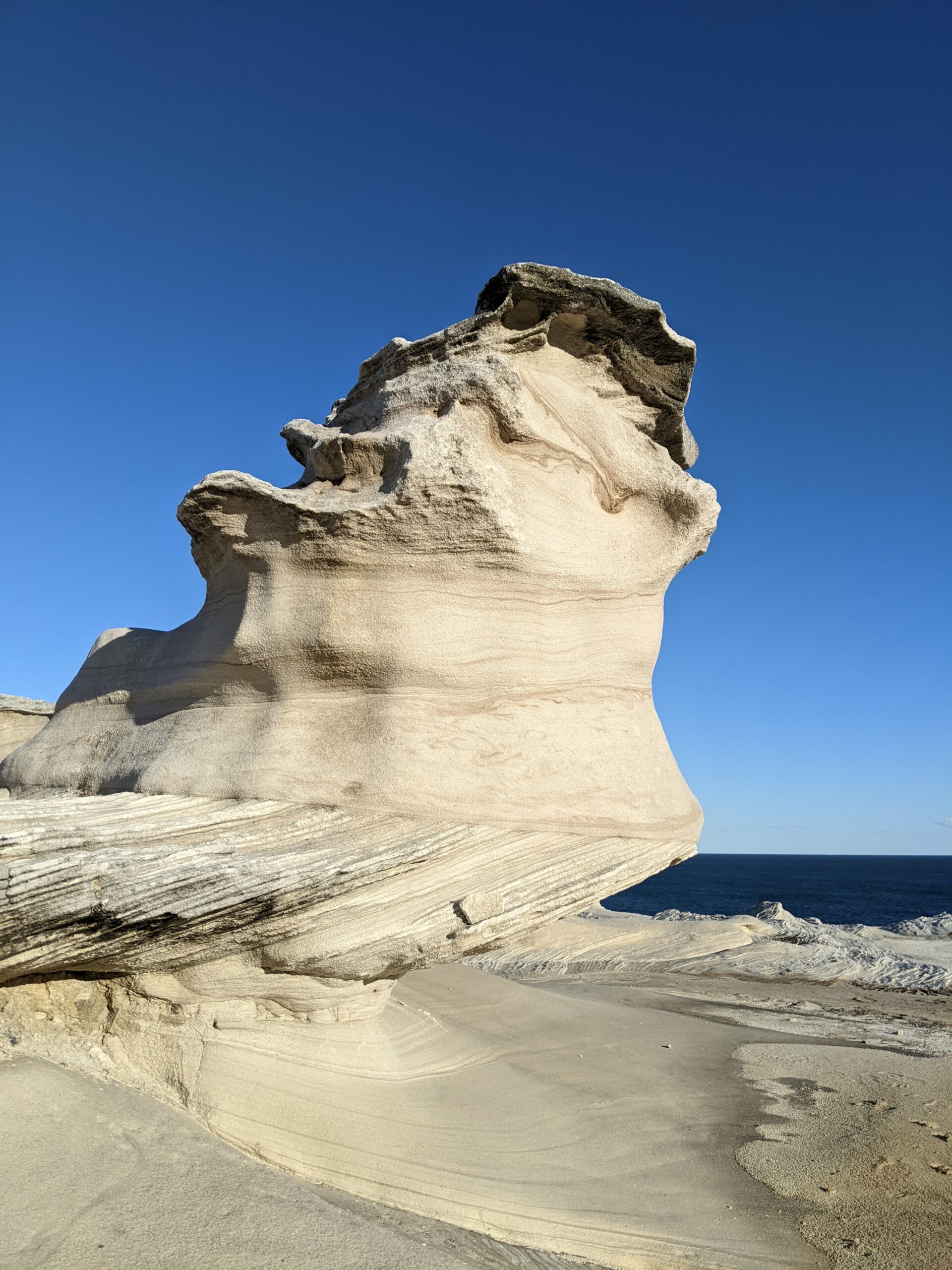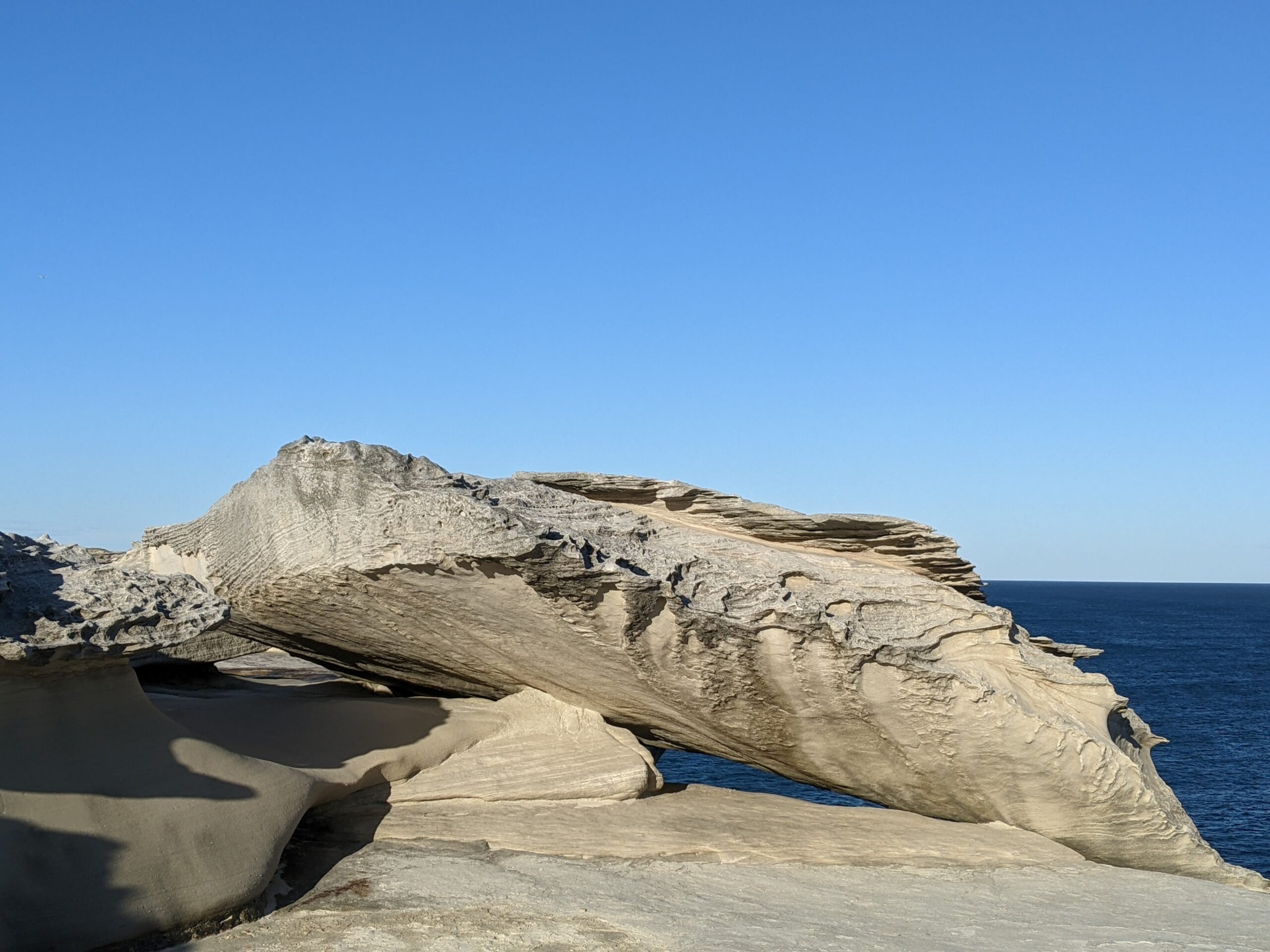Just got visited by a resident Crimson Rosella :,D they’re just the cutest feathery friends
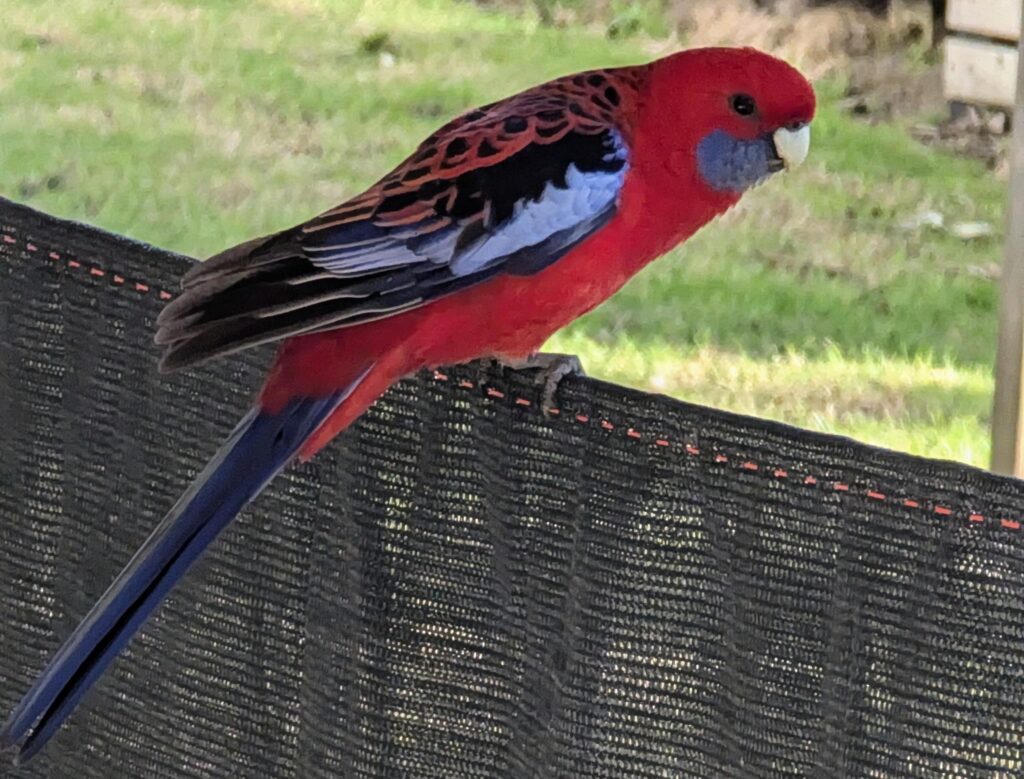
Environment & Biodiversity
Incredibly time has rushed to complete the first quarter already o_0 but much has happened too, and a lot of it was nice o/`
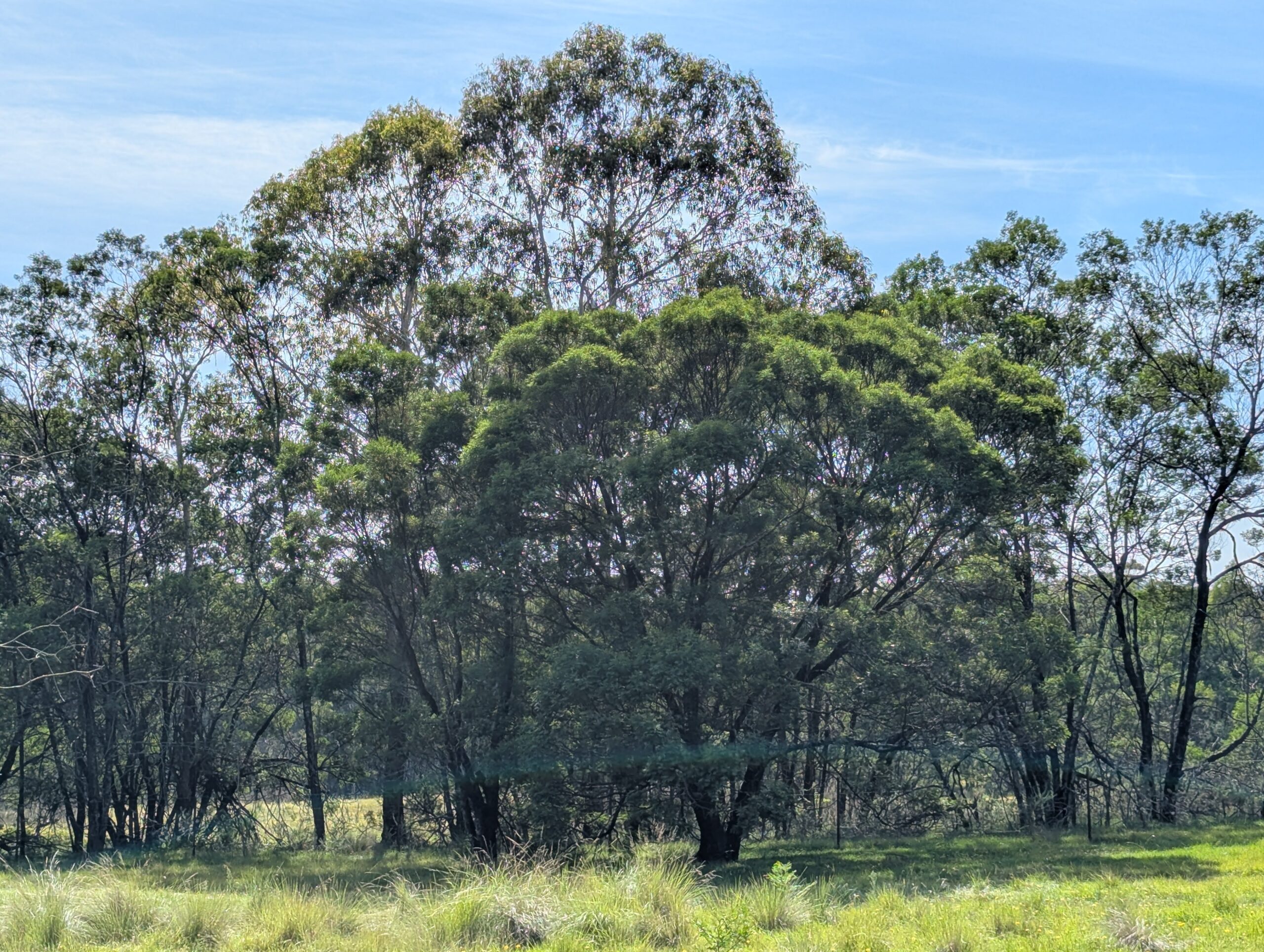
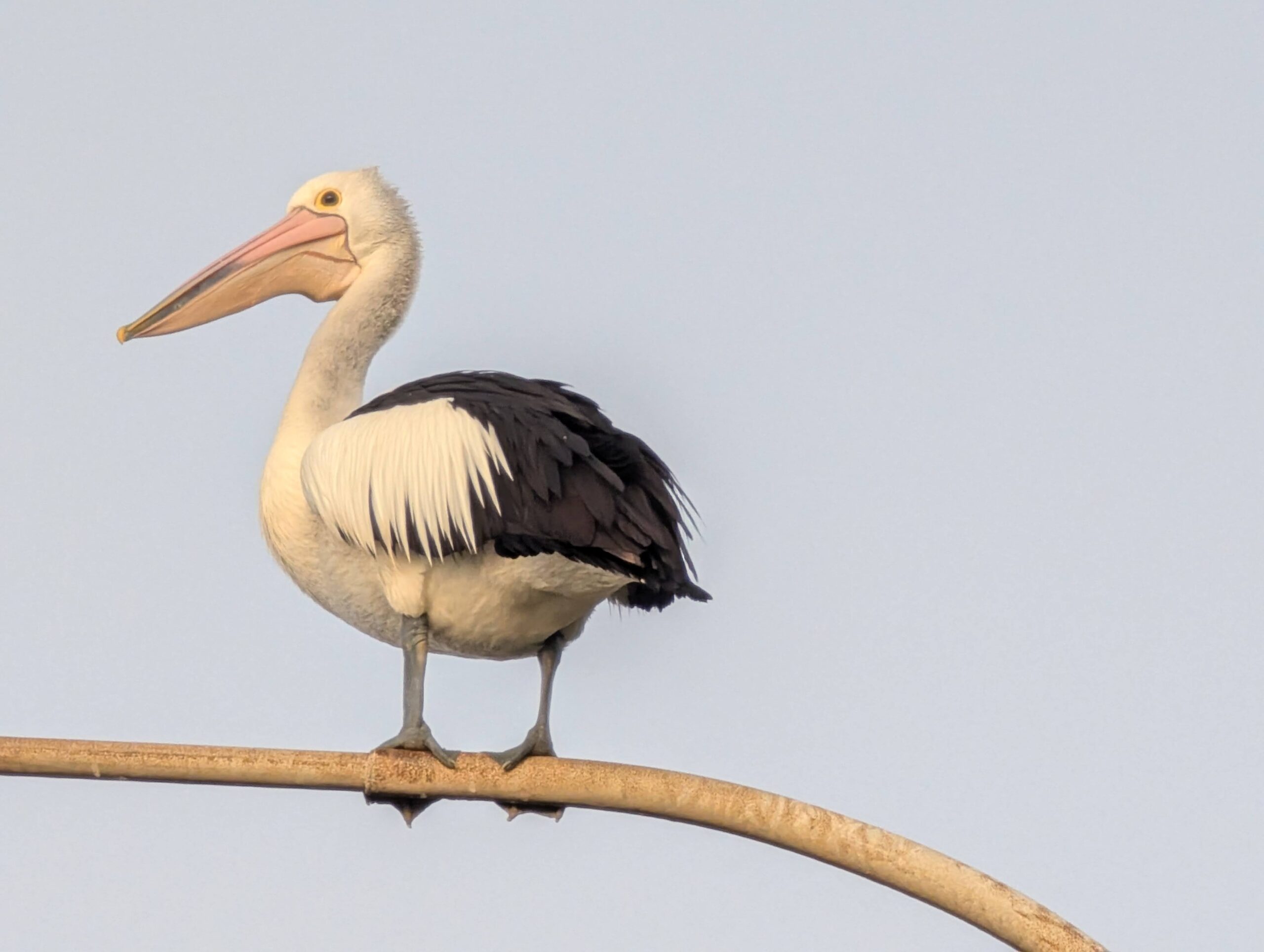
Hello from Sydney’s Botanical Gardens o/`
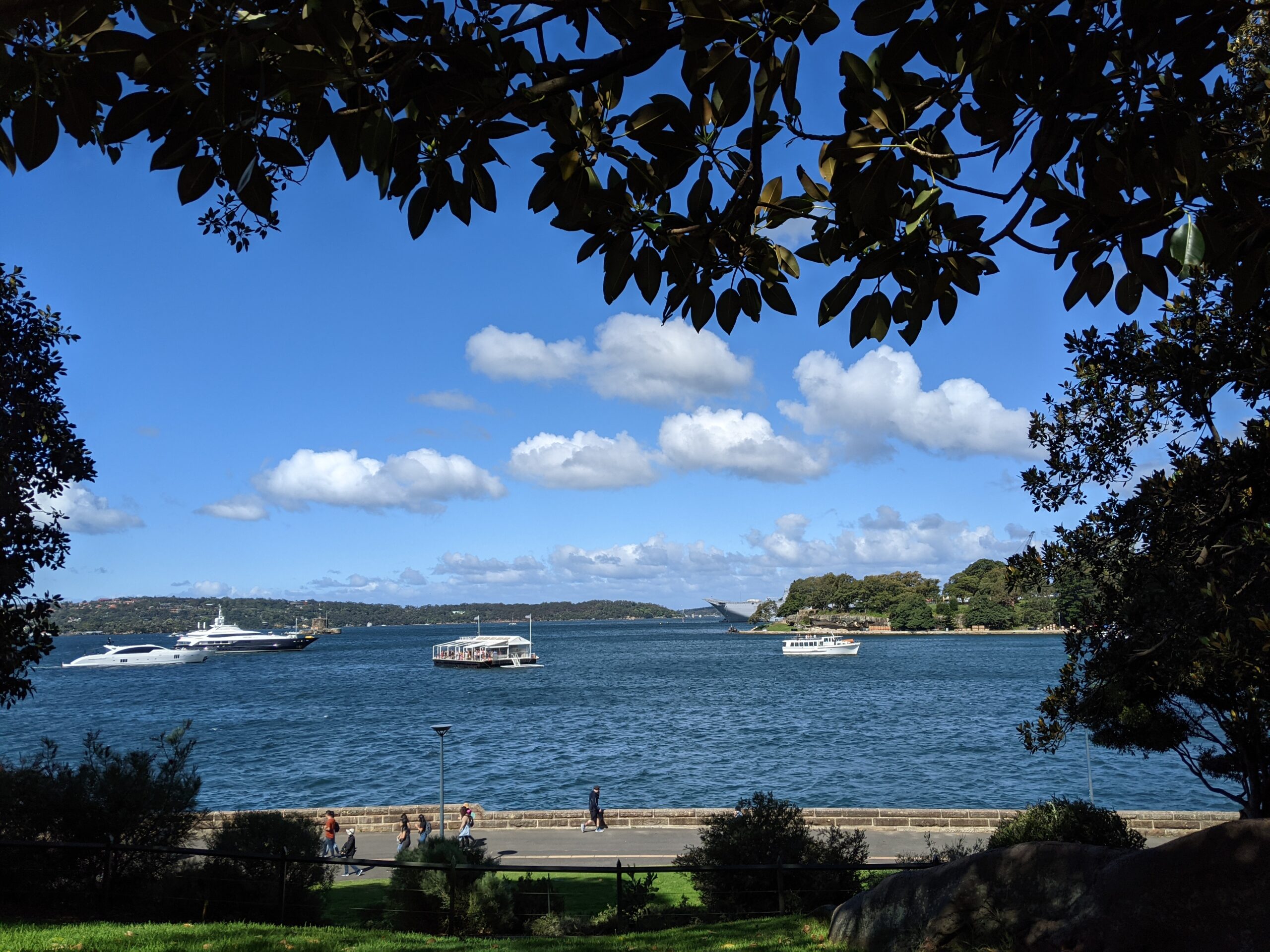
Travelling up the kangaroo valley to see Bowral’s tulips and cherry blossoms was the perfect way to celebrate the spring equinox :*D
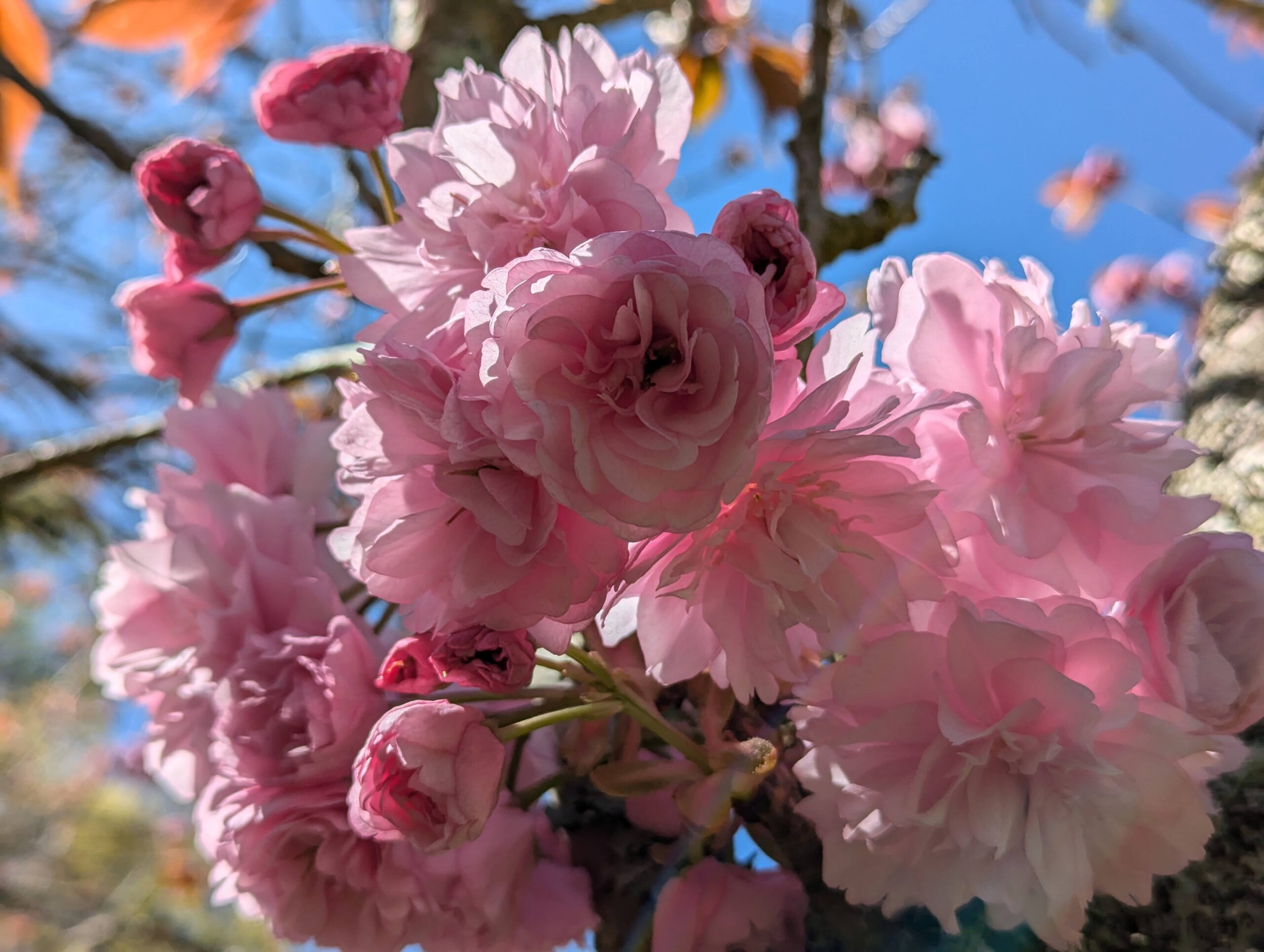
Love this article <3 (because I love pebbles :D)
“During the ice-age when Australia was nearer the South Pole, glaciers dominated the landscape. As glaciers bulldozed through the landscape, rocks and debris were picked up and carried along in the weight and movement of ice. When the glacier reached the ocean, chunks carved off into icebergs. The stones frozen in the iceberg floated offshore.
As the iceberg melted, the stones dropped into the ocean. The glaciers pick up that material, move to the edge of the continent, then move out to sea with it, then drop it. That’s why Geologists call these stones dropstones, or ice rafted debris, and many such pebbles have washed up on the strip of coastline that includes Singing Stones Beach.”
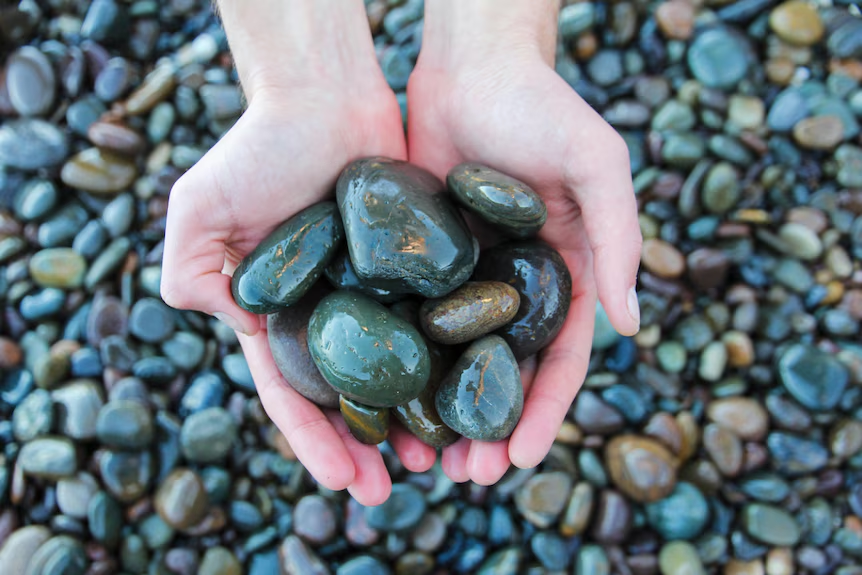
https://www.abc.net.au/news/2024-07-31/epic-history-behind-famous-singing-stones-beach/104148526
Please help save the fantastic fig tree outside my house o/`
Add your support here -> Change.org/p/save-the-significant-fig-tree-in-alfred-st-ramsgate-beach-sans-souci-nsw
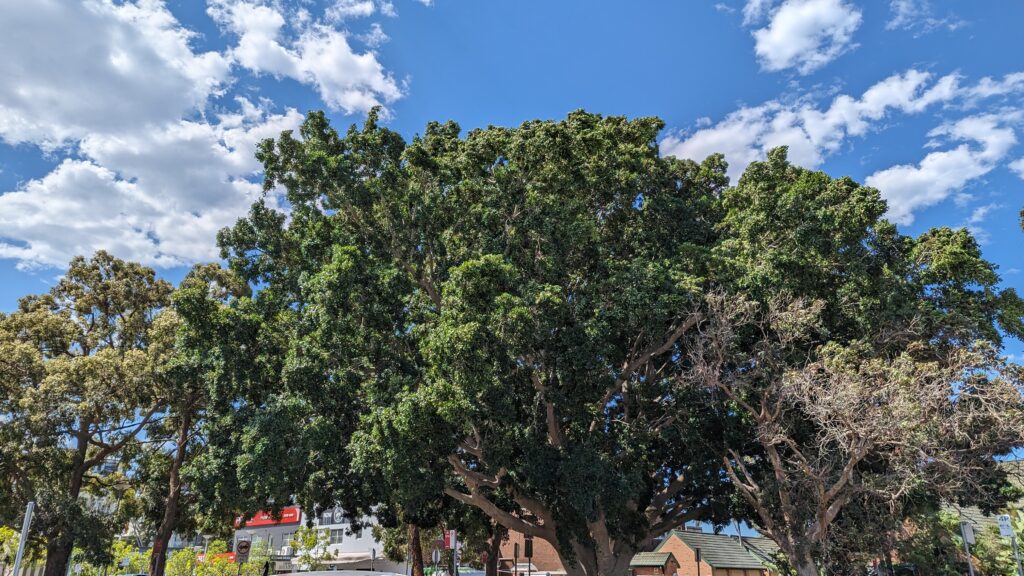
“Discourses of Climate Delay” – awesome work by Léonard Chemineau
All characters plus the printable version in several languages can be found at Leolinne.com/?portfolio=discourses-of-climate-delay
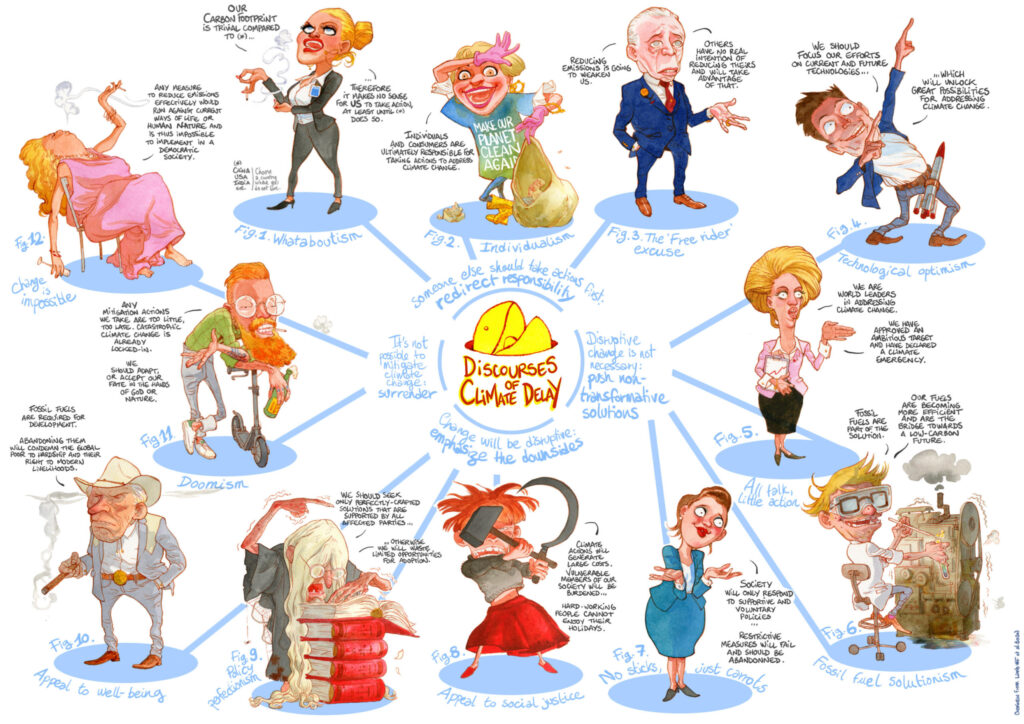
It’s hundreds of millions of years old & my mind boggles each time I wander across it <3
en.wikipedia.org/wiki/Sydney_sandstone
